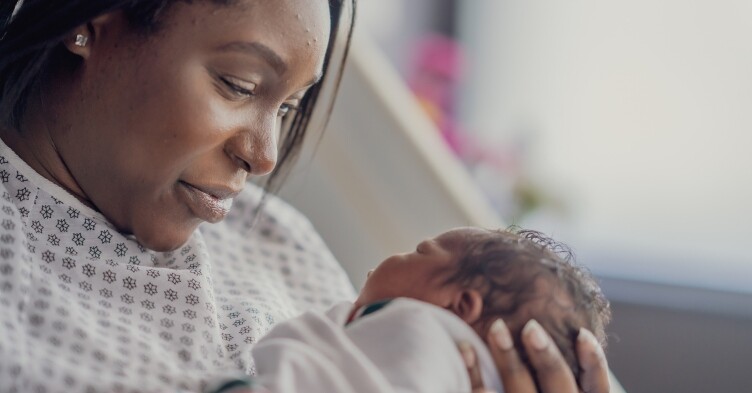Genetic test for newborns to prevent deafness from antibiotic use

A genetic test for newborns which can determine whether a baby is vulnerable to deafness if treated with the commonly used antibiotic gentamicin has been conditionally recommended for use by the National Institute for Health and Care Excellence (NICE) within the NHS.
The test is performed by undertaking a cheek swab on critically ill babies. It can reveal within less that half an hour whether or not the newborn is genetically predisposed to permanent hearing loss if subsequently treated with gentamicin.
The researchers estimate the test will save the hearing of 200 babies in England each year.
Related Article: Postnatal contraception advice reduces the risk of back-to-back pregnancies
NICE has recommended using the test in clinical practice in maternity settings across the country following research from the University of Manchester and Manchester University NHS Foundation Trust (MFT).
Gentamicin is used to safely treat approximately 100,000 babies a year in emergency care. However, one in 500 babies who carry a gene change is susceptible to hearing loss if treated with the drug. Babies only undertake genetic testing if they are discovered to have lost their hearing after being given gentamicin. Treating hearing loss with a bilateral cochlear implant costs around £65,000 in the first year.
The researchers piloted the device at MFT in 2020 for 11 months and tested 750 babies. They found that three of the babies had the genetic variant, and they prevented one baby from losing their hearing.
Related Article: Food insecurity and obesity: a North-South divide
Professor Bill Newman, a consultant at MFT and professor at the University of Manchester, said: ‘Our experience of using this test has been very positive. It’s straightforward, non-invasive and will have a huge impact on our patients’ lives. The test will make a real difference, helping to ensure babies are not going to lose their hearing for a preventable reason.’
The researchers found that introducing the genetic test for newborns will not delay the time it takes to administer antibiotics. They observed no statistically significant difference between the time to antibiotic treatment when considering standard care and care using the new genetic test.
Professor Newman added: ‘We are delighted that NICE has conditionally recommended the test, which will be used in routine clinical practice in maternity settings across the country.’
Related Article: Over one million children living in homes causing asthma and chronic illness
Once in use, the NHS will collect further evidence to ensure the test can be put in place in various maternity settings. The independent NICE committee will also scrutinise this additional evidence as part of the full assessment.

See how our symptom tool can help you make better sense of patient presentations
Click here to search a symptom




